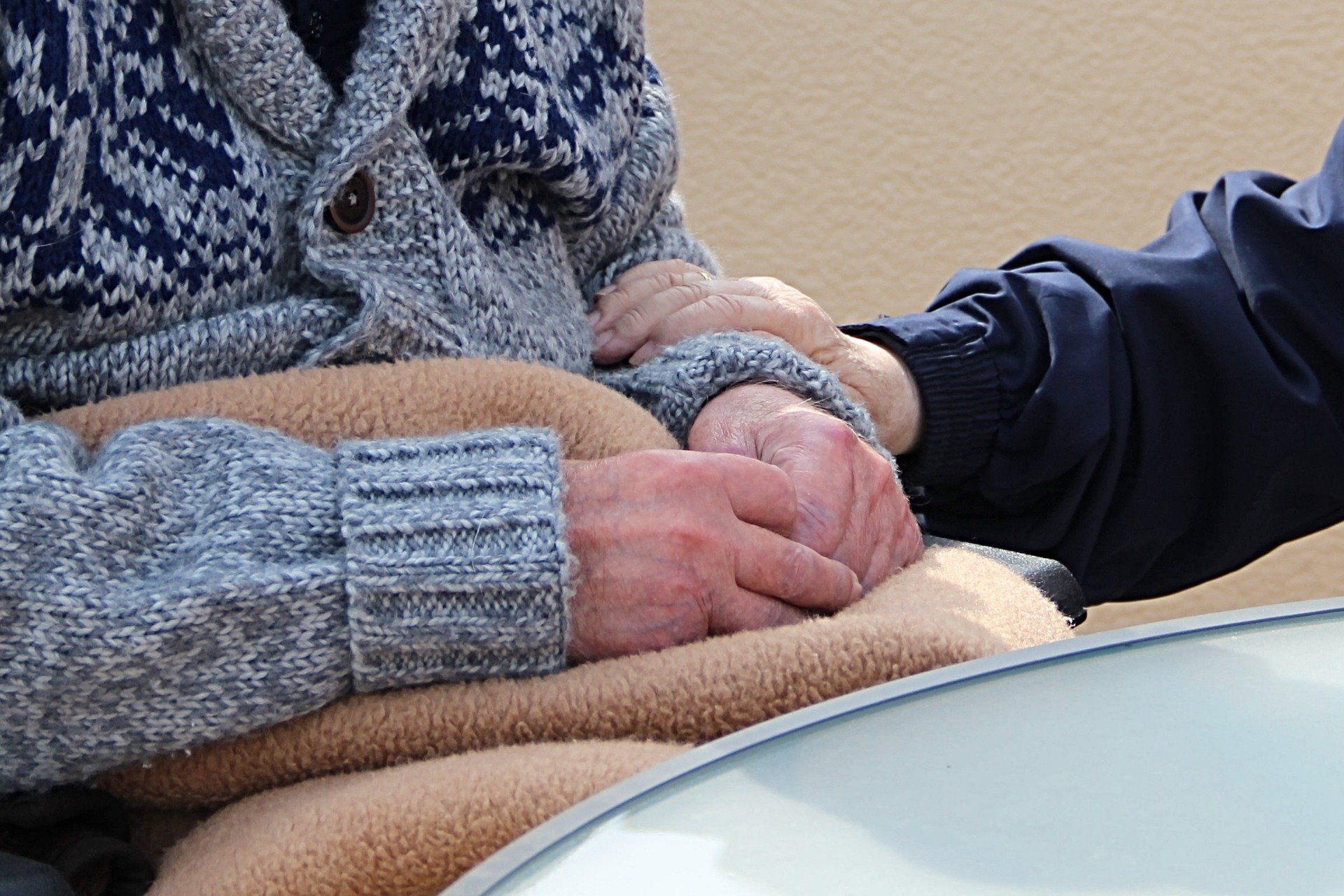The cognitive decline caused by age-related illnesses can creep up slowly. Unlike an accident or diagnosed illness, there isn’t an obvious urgency to seek medical care. It isn’t clear that there’s an immediate crisis to manage because the symptoms of cognitive decline happen slowly over months or years.
The slow reveal of symptoms can cause a lot of confusion and conflict, especially before a diagnosis is made. The psychological and emotional effects of a diagnosis of a dementia-related condition can be crushing for the patient, but it can also have a serious impact on a person’s partner, family, friends, and loved ones. At this point, you may be searching for ‘memory care near me’ and for good reason.
It’s important to make rational decisions during such an emotional time, especially about how to provide care for the senior you love. Making realistic decisions about long-term care based on your lifestyle, ability to provide care and other commitments is very important. This can help avoid tension, caregiver burnout and enable a better quality of life for you and your loved one affected by dementia-related illnesses.
One great option for caring for your loved one is getting your senior into a memory care near me community. Studies have shown that patients that participate in memory care communities sooner rather than later have better outcomes physically, emotionally and mentally.
So how do you know when the right time for memory care is? You should be on the lookout for these four signs.
#1 Your loved one has received dementia or related condition diagnosis
Becoming more forgetful is common with age, but the severity of this memory loss and confusion can point to dementia. This is often the first clear sign of dementia. This should be a warning sign to immediately book an appointment with your doctor to assess if dementia or related illness is the cause.
If the diagnosis is Alzheimer’s, dementia or a related illness, you should give serious consideration to memory care. Because you care for your loved one, of course, you’d want them to stay with you for as long as possible. The instinct to protect and care for your loved one by yourself natural and expected. There could also be a financial consideration.
However, this is the ideal time to start your research into memory care near me and visit local licensed care facilities with your loved one to find the best fit for them and their needs and wants. This process is much harder to do when your loved one is in poorer health.
There is some evidence to show that starting in a care facility before serious symptoms of dementia take hold, can have beneficial effects on the patient. Giving your loved one this opportunity to control and settle into a care facility of their choosing can be vital
in the successful transition to accepting and managing their illness.
By the time their symptoms have progressed, they will have had time to adjust to their new environment, make some friendships and been able to express their care wishes to staff appropriately.
#2 Caregiver Burnout
Providing care for a loved one is difficult. Even those that provide care professionally can struggle with the mental and emotional toll of their jobs. So, it’s not hard to imagine that you may also find it difficult to provide care 24/7, especially to a loved one with who you are strongly emotionally invested.
Though respite care can provide some relief towards caregiver burnout, there is only so long that it can be sustained. As dementia and related illnesses progress, the needs of your loved one will escalate, and the complexity of their care will increase. This can be more than a lot of families can handle.
If you’re beginning to feel emotions such as anger, fear, sadness or fatigue that you can’t shake, you might be feeling caregiver burnout. It is highly advised in this care that you seek a memory care facility.
#3 Your Loved One’s Health is in Decline
As memory issues progress, a lot of everyday tasks will become difficult for your loved one. Remembering where they are going while driving, forgetting that they’re cooking food, remembering to take their medication or even when they ate last are all examples of circumstances that your loved one might face.
Realizing their own loss of control can be very stressful. The memory confusion of not knowing what day it is can also lead to Sundowner’s syndrome and sleep disturbances and disorders that can further impact your loved one’s health.
Some signs to watch out for are:
- Rapid or unusual weight loss
- Spoiled or no food in the house
- Neglected personal hygiene
- Missed appointments
- Unpaid bills or creditors
- Not taking enough or taking too much medication
- Bruises, breaks or injuries with unknown origins
Loss of memory can also make your loved one vulnerable to many circumstances that they would otherwise be able to handle such as getting lost and being victimized by others. Even calling for help in an emergency might prove difficult for a senior who can’t remember how to call emergency services.
If these concerns are starting to rise, then you should consider memory care near me to alleviate the anxiety of constantly wondering about your loved one’s well-being.
#4 Suffering Social Life
The social life of someone with dementia can abruptly disappear. Your loved one might have trouble connecting with others or being able to focus on a conversation. But a poor social life can make your loved one’s condition worse.
At a memory care near me facility, the other residents and the staff are aware of the struggles that your loved one is facing. The care facility will have planned activities and supervised excursions to enable an active social life for your loved one. Your loved one can even take up creative interests that they never got a chance to participate in previously, allowing for personal growth and a positive outlook on life.


